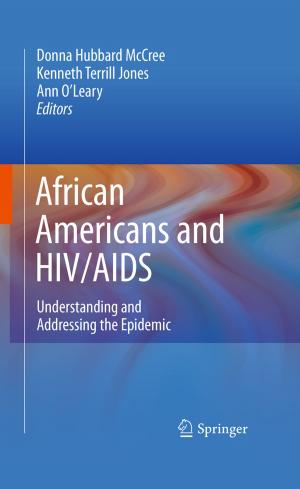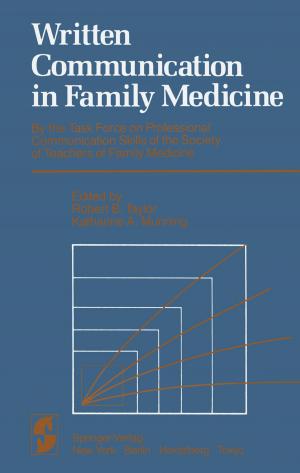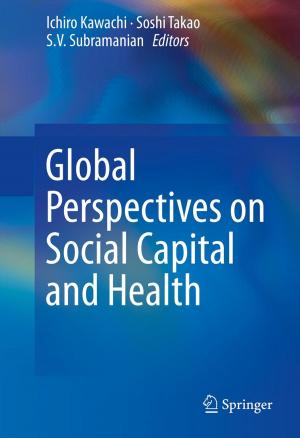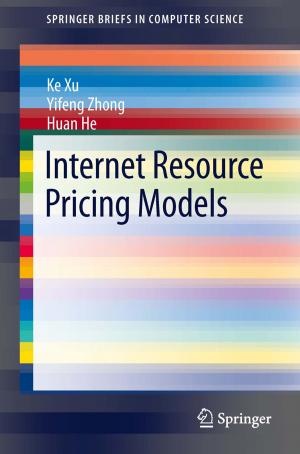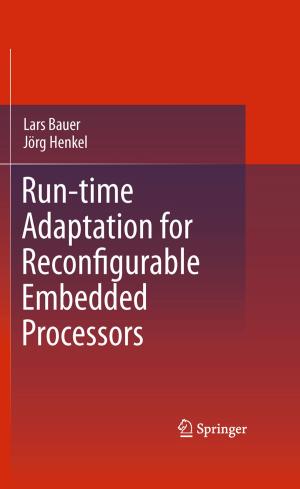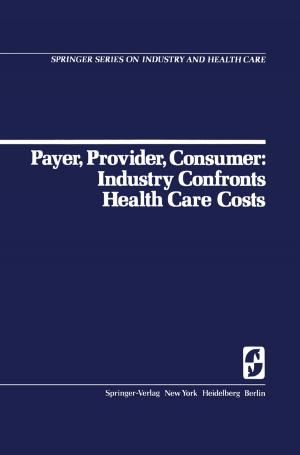Consumer Knowledge and Financial Decisions
Lifespan Perspectives
Nonfiction, Health & Well Being, Psychology, Psychotherapy, Social & Cultural Studies, Social Science, Sociology, Medical| Author: | ISBN: | 9781461404750 | |
| Publisher: | Springer New York | Publication: | November 23, 2011 |
| Imprint: | Springer | Language: | English |
| Author: | |
| ISBN: | 9781461404750 |
| Publisher: | Springer New York |
| Publication: | November 23, 2011 |
| Imprint: | Springer |
| Language: | English |
There has been an increasing recognition that financial knowledge (i.e., literacy) is lacking across the population. Moreover, there is recognition that this lack of knowledge poses real problems as credit, mortgages, health insurance, retirement benefits, and savings and investment decisions become increasingly complex. Financial Decisions Across the Lifespan brings together the work of scholars from various disciplines (family and consumer sciences, economics, law, finance, sociology, and public policy) to provide a broad range of perspectives on financial knowledge, financial decisions, and policies. For consistency across the volume each chapter follows a similar format: (1) what individuals know or need to know (2) how what they know or need to know affects financial decisions and outcomes (3) ways in which policies or programs or financial innovations can enhance their knowledge, or decisions, or outcomes. Contributors will provide both new and existing research to create a valuable picture of the state of financial literacy and how it can be improved.
There has been an increasing recognition that financial knowledge (i.e., literacy) is lacking across the population. Moreover, there is recognition that this lack of knowledge poses real problems as credit, mortgages, health insurance, retirement benefits, and savings and investment decisions become increasingly complex. Financial Decisions Across the Lifespan brings together the work of scholars from various disciplines (family and consumer sciences, economics, law, finance, sociology, and public policy) to provide a broad range of perspectives on financial knowledge, financial decisions, and policies. For consistency across the volume each chapter follows a similar format: (1) what individuals know or need to know (2) how what they know or need to know affects financial decisions and outcomes (3) ways in which policies or programs or financial innovations can enhance their knowledge, or decisions, or outcomes. Contributors will provide both new and existing research to create a valuable picture of the state of financial literacy and how it can be improved.






